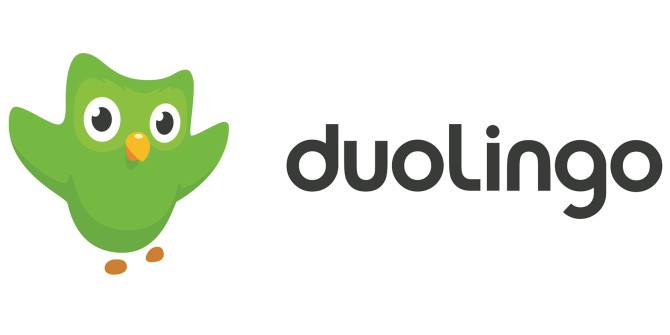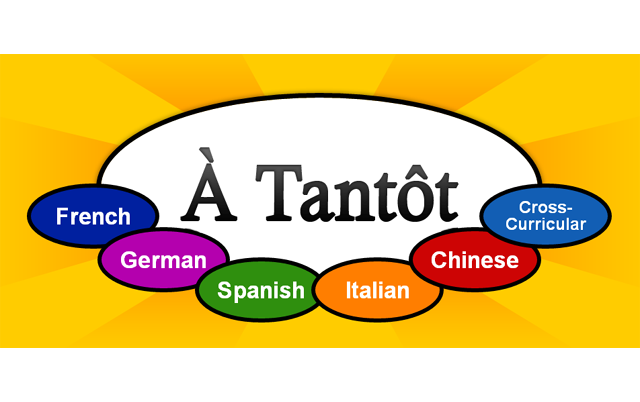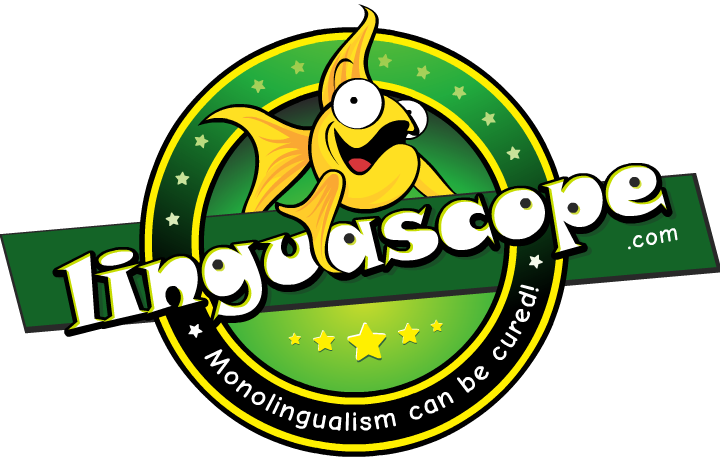German
The MFL department at HHS is made up of 5 full time members of staff, presently teaching across the three languages of Spanish, French and German. Our aim is for all students to have the opportunity to learn a foreign language regardless of ability.
German Teachers - Education and experience
We currently offer French or Spanish to each student when they begin with us in Year 7 and they will continue studying this language throughout key stage 3. The majority will then go on to study it at GCSE too. We are a well-resourced department with our own block of classrooms, iPads, interactive whiteboards, visualisers etc. We have good links with partner schools in France, Spain and Germany and aim to give students the opportunity to visit the country of the language they are studying at some point throughout their time with us. Students have the opportunity of carrying on with their study of their chosen language up to the end of A-level via our Sixth Form Centre too.
Examination Courses
Key Stage 4 - GCSE German
We follow the AQA exam syllabus at GCSE for all students. Students are either entered for foundation tier (grades 1- 5) or higher tier (grades 4 – 9) depending on their progress. Regardless of tier, all students will study three themes at GCSE;
Theme 1: Identity and culture (Me, my family & friends, technology, free time, customs & festivals)
Theme 2: Local, national, international and global areas of interest (Home town, neighbourhood and region, social issues, global issues, travel & tourism)
Theme 3: Current and future study and employment (Life at school and college, jobs, career choices & ambitions)
The GCSE exam is divided into 4 sections, which are examined separately and each make up 25% of the overall GCSE grade;
Speaking – Conducted by class teacher but marked by exam board. Consists of a photo card, role-play and general conversation questions.
Listening – Students listen to various recordings and select appropriate answers or write short responses.
Reading – Students read various texts of varying lengths, some of which are authentic texts e.g. literary works, and select appropriate answers or write short responses. Students also need to translate short sentences / a paragraph from the target language into English.
Writing – Students write responses to a choice of two different topics. Depending on tier, the amount and type of questions vary slightly. Students also need to translate short sentences / a paragraph from English into the target language.
Key Stage 5 - A Level German
We follow the EDUQAS exam board for A-level languages. Four different themes are covered over the course of the two years of study;
A LEVEL GERMAN:
Being a young person in German-speaking society (Families and citizenship, Youth trends and personal identity, education and employment opportunities)
Understanding the German-speaking world (Regional culture and heritage in Germany, German-speaking countries and communities, Media, art, film and music in the German-speaking world)
Diversity and difference (Migration and Integration, Cultural identity and marginalisation, Cultural enrichment and celebrating difference, Discrimination and diversity)
The making of modern Germany: 1989 onwards (Initial and subsequent process of reunification, social cohesion in present-day Germany, the economic impact of a united Germany)
The A level consists of 3 components which make up the final grade awarded;
Component 1 – Speaking 30% of qualification – A presentation of an independent research project followed by a theme based discussion on another topic.
Component 2 – Listening, Reading & Translation 50% of qualification
Component 3 – Critical and analytical response in writing 20% of qualification. This consists of writing 2 essays; one based on a literary work studied and the other on another literary work or a film studied.
Favourite MFL links:






